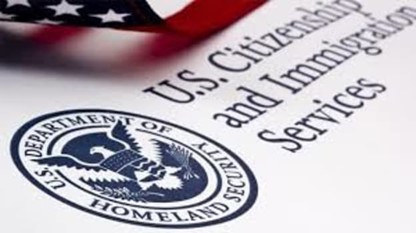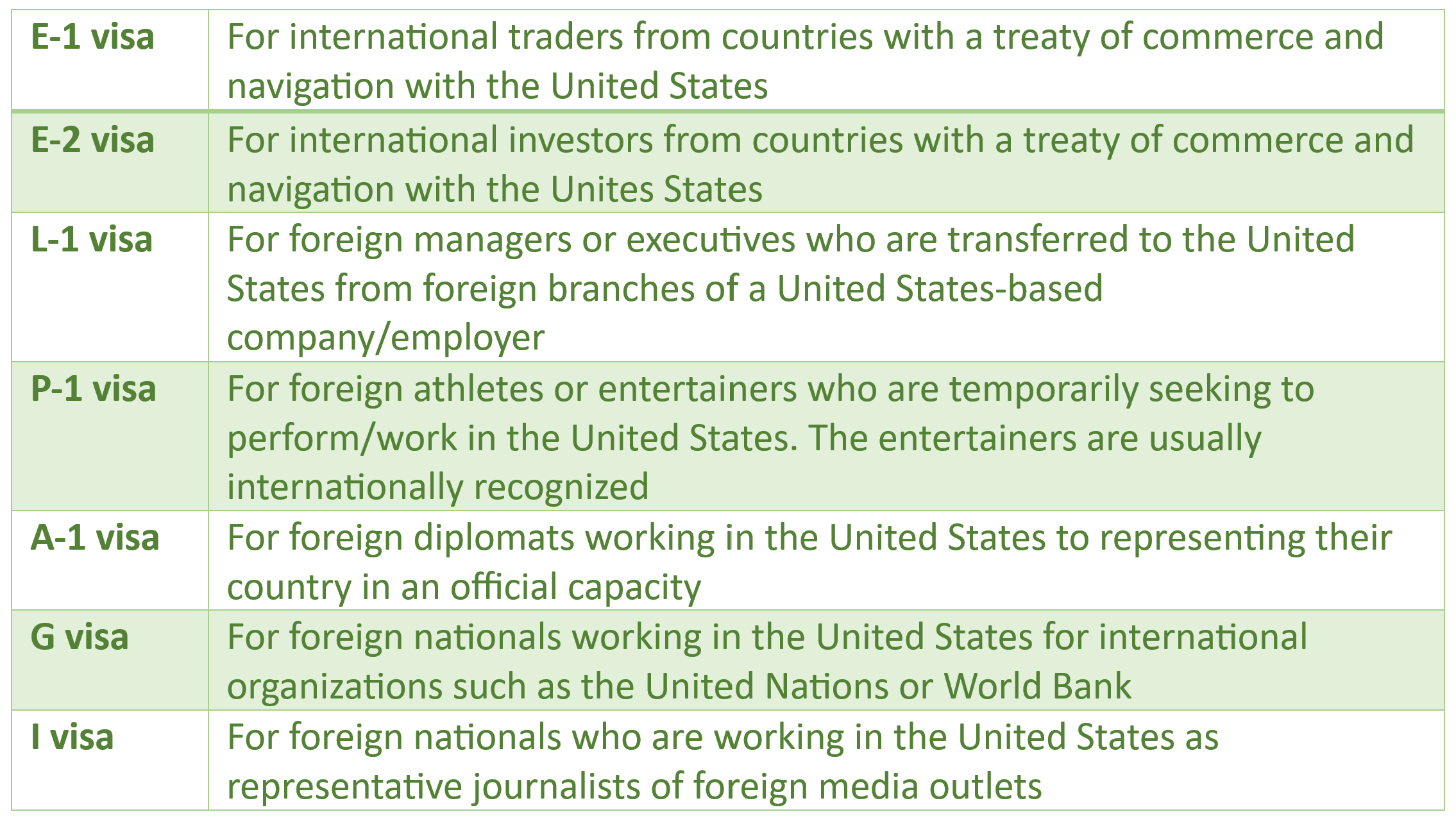By Joycelyn Radeny

CC BY-SA-NC
Are you an international student seeking employment opportunities in the U.S. after graduation? Or are you a postdoctoral researcher or student whose OPT status is about to expire, but hoping to continue working in the U.S.? Does the application process for acquiring a work visa feel like a daunting task? If the answer is yes to any of these questions, this article is for you!
On December 8th, 2023, iJOBS hosted a seminar on the visa categories available to international graduate students and postdoctoral researchers led by Michael Goldstein, Esq. Michael Goldstein is a partner and practicing attorney at a firm specializing in immigration law, Goldstein and Cheung LLP (New York). He specializes in employment-based first- and second-preference visas (EB-1 and EB-2), professional nonimmigrant visas, and petitions for family members and business immigrants. Outside of his firm, he offers advice on immigration policy and provides services to students at various academic institutions such as Rutgers University.
For many international students, the topic of immigration triggers negative emotions. Some students may be afraid of losing their legal student status or feel anxious about navigating immigration options after graduating. Luckily, Michael provided a plethora of information on nonimmigrant status visa options. Here are highlights.
The first nonimmigrant option for graduates is the H-1B status. H-1B visas are reserved for specialty occupations that require a bachelor’s or advanced degree related to the specialty occupation advertised by the company sponsoring the H-1B visa. There should be an already existent relationship between the employer and employee since the employer petitions for visa on behalf of the employee. H-1B visas last six years and are divided into two three-year cycles or three two-year cycles. Between cycles, an employee must renew an H-1B visa outside the U.S. for a temporary period abroad. Usually, visas have restrictions on total length of time allowed outside the U.S., during which the employee may attend conferences or go on vacation, typically up to six months. Alternatively, applicants who received their H1-B visas from India or Canada are able to renew their visas within the U.S. There is a lottery system and a cap restriction of 65,000 visas issued per fiscal year for H-1B visas. However, employers from academic institutions, research non-profit organizations, or government research organizations are exempt from the H-1B cap restriction. Other specialty occupation visas are specific to the visa holder’s citizenship: the E-3 visa is specifically for Australian citizens, the H-1B1 visa is specifically for citizens of Chile and Singapore, and the TN (NAFTA) visa is specifically for citizens of Mexico and Canada.
If there is difficulty obtaining an H-1B visa, the O-1 nonimmigrant status is an alternative option. It has a maximum of three years and is for individuals in business, athletics, or the sciences. Like the H-1B visa, employers must file a petition for the foreign national seeking to obtain an O-1 visa. Additionally, the individual seeking O-1 visa status should emphasize how their work and skill set would contribute to the U.S. economy.
Although the H-1B and O-1 nonimmigrant visas are the most common options for international students after graduation, additional visas can be obtained to legally reside and work in the U.S. Here is a list that were mentioned during the seminar:

Identifying and applying for the right type of visa can be confusing. Hiring a reputable, knowledgeable, and resourceful immigration lawyer can ease the process. Michael emphasized five things to look for in an immigration lawyer:
- A lawyer that is a member of the American Immigration Lawyers Association (AILA).
- A lawyer who works in immigration law and/or a specific field within immigration law that is relevant to your case.
- A lawyer with who you can establish a rapport with and with who you are comfortable sharing personal information.
- A lawyer that prioritizes professionalism, especially with matters pertaining to client confidentiality.
- A lawyer who charges a fixed legal fee, rather than a variable fee in order to fully understand your financial responsibility before obtaining legal services.
Tackling the world of immigration can be a difficult and stressful experience for expats, Fortunately, you are not alone. Just keep in mind the following, use reputable sources when it comes to matters of visas and immigration. Social media can be very misleading! Take advantage of the resources provided by the international students’ office and foreign student advisors. Rutgers Global works tirelessly to support international students and postdoctoral researchers with resources and accurate information. When in doubt, visit the USCIS website for up-to-date and accurate information about immigration. If you are in need of immigration lawyer services, feel free to schedule a consultation with Michael by sending an email to contact@gcimmigrationlaw.com or visiting his firm’s website. These tips should ease any concerns and equip you with the information you need to take the next step in your visa application process.
This article was edited by Junior Editor Antonia Kaz and Senior Editor Natalie Losada.